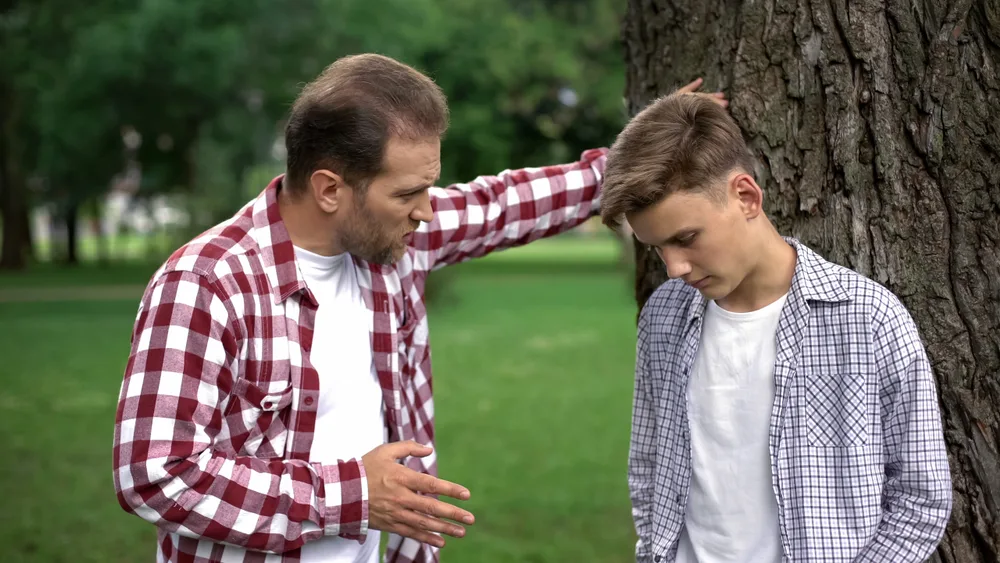Supporting Loved Ones: A Guide for Families of Those in Recovery
Addiction rewires the brain and makes it hard for one to control their substance use despite harmful consequences. This means they may struggle to prioritize relationships, responsibilities, and their well-being. Over time, the shift in priorities can create profound strain within families and challenge even the strongest of bonds. In these moments, supporting loved ones is as important as ever.
And the good news is, all hope is not lost. Addiction is treatable, and recovery is possible. With the right support and resources in place, your loved one can reclaim their lives and mend fractured relationships. This guide is designed to arm you with resources and strategies to navigate the complexities of supporting a loved one in addiction recovery.
Understanding the Impact of Drug and Alcohol Dependency
Addiction is often described as a family disease because its effects extend far beyond the person using the substance. When a loved one abuses drugs and alcohol, the entire family unit feels the effect.
Your loved one's addiction:
- Breaks the bonds of love and trust
- Causes a cycle of emotional pain
- Creates an unstable and chaotic environment for the family
- Puts a financial strain on families
- Heightens the risk of domestic violence and abuse
All these effects can create a toxic and challenging environment for families, making it difficult to maintain healthy relationships and support one another effectively. But as a family member, it's important to know that those with addiction problems may not fully comprehend the impact that their actions have on the people around them.

When someone is in the grip of addiction, their brain becomes wired to prioritize the pursuit and consumption of substances above all else. This can result in behaviors that are harmful to themselves and others, including neglecting responsibilities, lying, and withdrawing from social interactions. As a result, you may feel isolated, frustrated, and helpless as you witness your loved one's decline.
On the other hand, your loved one may experience feelings of guilt, shame, and self-loathing due to their inability to control their substance use despite knowing the negative consequences. This internal turmoil can further drive a wedge between them and their loved ones, deepening their sense of isolation and hopelessness on both sides.
That's why it's helpful for you to learn more about addiction and explore ways to improve your interactions with your loved one.
How to Support Your Loved One In Recovery
Friends and families of those in recovery play an important part in their recovery. Without proper support and encouragement from home, it's hard for patients to apply the positive steps they learn at addiction rehab centers. Here are a few tips to help you provide support to your loved one while also caring for yourself.
Learn About Substance use disorders
Supporting a loved one in recovery begins with educating yourself about substance use disorders. Without knowledge, you might assume that your loved one lacks the willpower, is doing it by choice, or that their character is flawed.
But the reality is that addiction is a brain disease that affects judgment and decision-making. It can affect anyone regardless of their upbringing or background. When you learn about substance use and chemical dependency, you're able to understand the challenges that your loved one is facing and the strategies that can help them overcome addiction and rebuild their lives.
Set Boundaries
Boundaries are an important part of the recovery process. They protect you and your loved ones as you heal and move forward. Establish clear and consistent boundaries about what's acceptable and what's not and expectations for treatment adherence. Communicate these boundaries respectfully but firmly, and be prepared to enforce them if necessary.

Boundaries help create a sense of structure and accountability within the family dynamic, which is essential for supporting their long-term recovery.
Take Care of Yourself
It's okay to feel worried about your loved one. But remember, you could be suffering just as much. Supporting a loved one in recovery can be emotionally and physically draining, so it's essential to prioritize your self-care.
Make time for activities that bring you joy and relaxation, such as exercise, hobbies, or spending time with friends. Practice meditation or deep breathing exercises to help manage any feelings of anxiety or overwhelm. Remember that taking care of yourself allows you to be a more effective source of support for your loved one.
Talk to a Professional
Seek guidance from a qualified professional for valuable support and advice for both you and your loved one. Consider scheduling therapy sessions with a counselor or therapist who specializes in addiction and family dynamics. A professional can offer insights, coping strategies, and personalized guidance tailored to your specific situation. Family therapy can also provide a safe space to process your feelings and concerns about your loved one's recovery journey.
Join a Support Group for Family Members
You might also want to consider joining a support group specifically for family members of individuals in recovery from addiction, such as Al-Anon or Nar-Anon. These groups offer a supportive community where you can share experiences, gain perspective, and learn from others who have been in your shoes. Knowing that you're not alone can be incredibly empowering and reassuring.

Foster a Supportive Environment for Lasting Sobriety
A nurturing environment at home can help promote your loved one's long-term recovery. Remember, stress, anxiety, trauma, depression, and other mental health disorders are relapse triggers. So, you might want to avoid judgment or criticism. Instead, focus on expressing empathy, understanding, and unconditional love.
Encourage healthy habits like nutritious eating, regular exercise, and adequate sleep. A supportive environment creates the conditions for your loved one to thrive in their recovery journey.
Addiction Support and Treatment at More Than Rehab
If you or a loved one is struggling with addiction and mental health conditions, don't hesitate to reach out to More Than Rehab. As a leading drug addiction treatment center, we offer various inpatient and outpatient treatment programs personalized for every person's unique needs of each individual. Our evidence-based therapies, combined with personalized treatment plans, address the underlying factors contributing to addiction and mental health conditions. We also offer family support and therapy sessions to involve loved ones in the recovery process.


